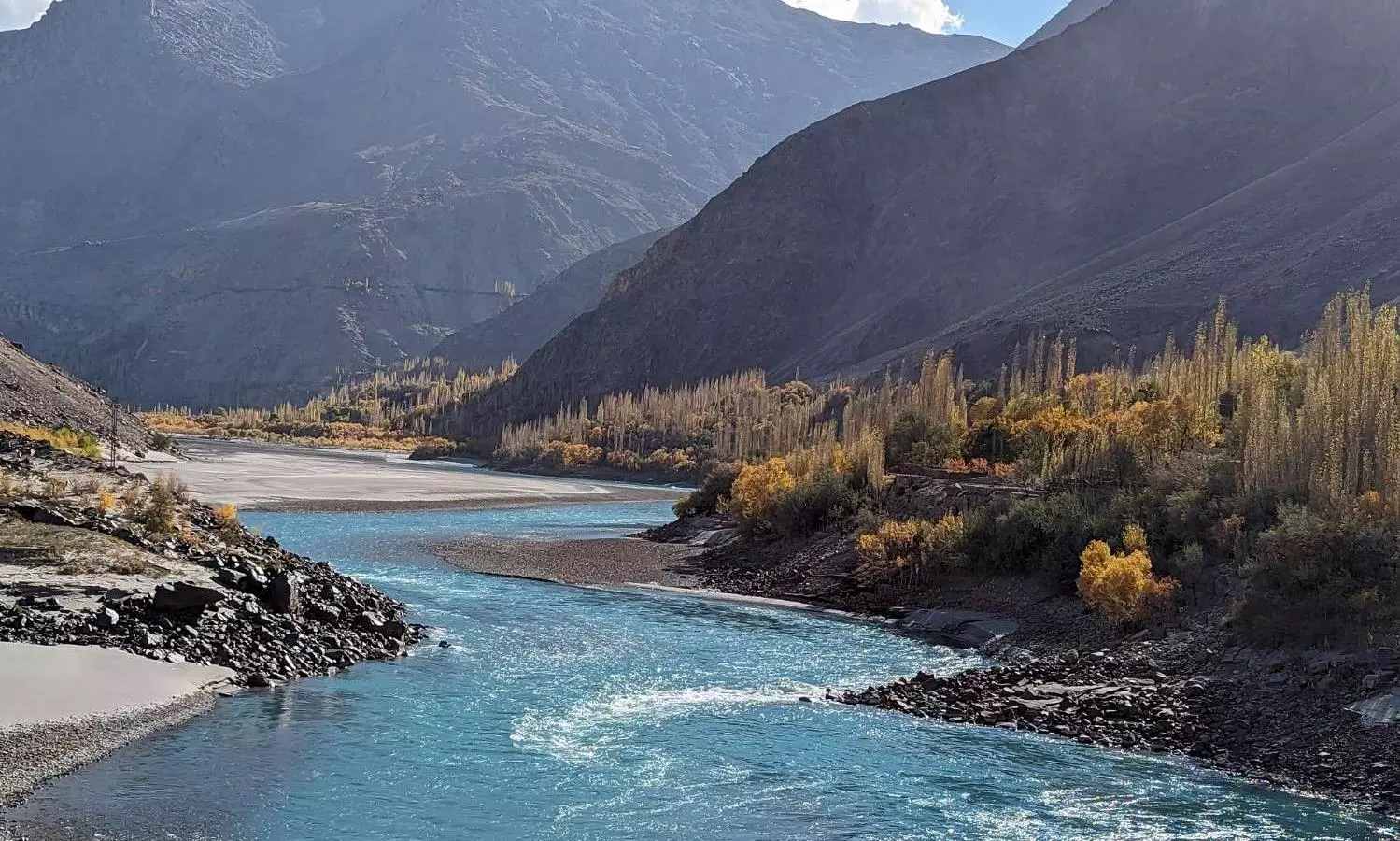
Pakistan willing to discuss IWT terms that bother India: Reports
Pakistan’s water resources secretary has reportedly told India’s Jal Shakti Ministry secretary that they are ready to discuss the specific terms India objects to

Pakistan is reported to have reached out to India signalling its willingness to discuss India’s concerns about the Indus Waters Treaty (IWT) that New Delhi had placed “in abeyance with immediate effect” after the Pahalgam terror attack.
Media reports say Pakistan’s Water Resources Secretary Syed Ali Murtaza indicated this in a letter to India’s Jal Shakti Ministry Secretary Debashree Mukherjee. In the letter, Murtaza has offered to, on behalf of the Pakistani government, discuss the specific terms that India objects to in the treaty.
At the same time, Murtaza also calls India’s decision “unilateral and illegal”, and “equivalent to an attack on the people of Pakistan and its economy”. He is also reported to have questioned the basis of the decision, and pointed out that the treaty itself did not have any exit clause.
Pakistan's change of heart
The Pakistan government’s readiness to discuss India’s objections is significant because it had not responded positively in the past when India sent two notices, in September 2024 and earlier in January 2023, asking for a “review and modification” of the IWT.
What seemed to have made Pakistan change its stance is India placing the treaty in abeyance with immediate effect after the Pahalgam attack.
Also Read: ‘Indus treaty in abeyance until…’: 10 points from MEA weekly briefing
India has, during the past few days, undertaken flushing and desilting of reservoirs of two hydropower projects on the Chenab River in Jammu and Kashmir, resulting in the irregularity of water flow downstream to Pakistan.
Farmers in Pakistan are facing the brunt of insufficient water just before the sowing season.
India’s stand
Two days after the Pahalgam attack, Debashree Mukherjee had written to Pakistan, “The obligation to honour a treaty in good faith is fundamental to a treaty. However, what we have seen instead is sustained cross border terrorism by Pakistan targeting the Indian Union Territory of Jammu and Kashmir. The resulting security uncertainties have directly impeded India’s full utilisation of its rights under the Treaty. Furthermore, apart from other breaches committed by it, Pakistan has refused to respond to India’s request to enter into negotiations as envisaged under the Treaty, and is thus in breach of the Treaty. The Government of India has hereby decided that the Indus Waters Treaty 1960 will be held in abeyance with immediate effect.”
Also Read: Mohan Katarki Exclusive | India-Pak Indus Water Treaty caught in crossfire
Though a ceasefire is now in place and hostilities have come to an end, India has remained firm on maintaining all coercive diplomatic measures, including the suspension of the IWT.
No third party
It is understood that if and when India agrees to begin negotiations on modifications to the treaty, New Delhi will insist that it be a bilateral exercise without the involvement of any third party.
One of the clauses that India would like to modify is the dispute-resolution mechanism under the treaty. At present, both India and Pakistan and the World Bank seem to have differing interpretations of how disputes related to the treaty should be resolved.
Also Read: PM Modi chairs high-level meeting; Indus Water Treaty to remain in abeyance
It is learnt that India would prefer to have a graded resolution system spelt out clearly in the treaty, instead of having a court of arbitration and a neutral expert as part of the resolution process.
Post-Operation Sindoor
After Operation Sindoor, which witnessed swift military strikes against terror camps and airfields in Pakistan, India is clear that any dialogue with Pakistan will focus on ending cross border terrorism and ensuring the return of Pakistan-Occupied-Kashmir.
An important meeting is likely to take place this week with Home Minister Amit Shah, Water Resources Minister Paatil, Agriculture Minister Shivraj Singh Chouhan, Power Minister Manohar Lal Khattar, and senior officials from these ministries. This would be the third meeting after the suspension of the Indus Waters Treaty by India.

